Princess parrot is a medium sized Australian parakeet known for its striking coloration and gentle disposition. Due to its good reputation as pets, it is one of the ideal options for the first time bird owners. So, if you are willing to own a princess parrot as your feathered companion, here are some useful points to keep in mind.
Quick Information |
|
| Other Names | Princess of Wales Parakeet, Queen Alexandra Parrot, Rose-Throated Parakeet, Alexandra’s Parakeet, Spinifex Parrot |
| Color | Green plumage, pink throat, green shoulders, blue rump. Males exhibit a red beak, blue crown and orange irises, while females have a paler beak, gray crown and brown irises. Baby parrots are similar to females and they have black irises. |
| Size | Male: 18.1-18.9in(46-48 cm) Female:15.5-16.14 in(39.5-41 cm) |
| Weight | Male: Around 4.2 oz(120 gm) Female: Around 3.8 oz(110gm) |
| Distribution | Australia |
| Habitat | Deserts and sun dunes, arid woodlands |
| Diet | Grass and shrub seeds, flowers, fruits |
| Breeding age | November-January |
| Clutch Size | 3-6 eggs |
| Incubation period | 19-21 days |
| Fledging | 5 weeks |
| Lifespan | 15-30 years |
| IUCN conservation status | Near Threatened |
| Temperament as pets | Sociable and curious |
| Maintenance requirements | Medium |
| Noise level | Mostly moderate but loud especially in dawn and dusk |
| Talking ability | Some can talk |
Mutations
- Lutino
- Blue( blue winged princess parrot and the ones with dark blue heads and wings)
- Albino ( combination of lutino and blue)
- White lime
- Violet
- Pied
- Yellow
Housing
Keep your princess parrot in an open top, roomy wire cage sizing 35X20X35 inches. It would help the bird to stretch its wings without hurting itself. Also, place some hard twigs, branches of eucalyptus, lilly pilly, or any other tree having flowers and nuts for its beak and leg exercise. However, the cage should be covered at night to protect the bird from draft.
Temperature
This adaptive bird can stay well in high and low temperatures.
Personality
Princess parrots are endearing and easy to tame birds, enjoying some out of the cage time for a few hours daily. Hand raised birds can learn to talk to a certain extent and entertain their owners with frequent whistles. Mental stimulating games are their favorite enrichment, and they can spend hours with foraging toys. The bird is a choosy one when it comes to preferring its owner, meaning it can show an inclination towards any particular member of a family with whom it loves to spend time.
These parrots are not bossy or domineering if housed with other species, but it might cause stress in them.
Feeding
A seed mix of white millet, canary and sunflower is good for them as well as some parrot mix, fresh fruits, and vegetables.
Care
As this bird is curious, always keep it under your supervision, especially when it is out of its cage. Moreover, it is not fussy about the constant companionship of its owner, so you don’t have to stay in front of it all the time. Still, provide quality time and look after your pet to keep it both mentally and physically healthy.
Health problems
A princess parrot is susceptible to psittacosis, eye infection or any other bacterial infection, and respiratory diseases. Also, nasal discharge, diarrhea, fluffed up feathers and lethargy are some common symptoms you should look out for as they indicate serious health problems.
Price
A single princess parrot costs around $60- $156 while a pair is available within $208-$297.
Interesting facts
- The bird was named after a royal lady, Princess Alexandra of Denmark.
- Male and female, both are called princess.
- Male parrots have extended long feathers known as spatula.
- The blue mutation was first observed in the aviary of Mr. George Ruddle.
- Unlike their cousins, these parrots join in mobbing to ward off their predators in the wild.
- There are various hybrids of these parrots as a result of cross breeding.
Video: Princess Parrot Talking
Reference:
- https://www.parrots.org/encyclopedia/princess-parrot
- https://pethelpful.com/birds/The-Princess-Parrot
- https://animaldiversity.org/accounts/Polytelis_alexandrae/
- https://www.kellyvillepets.com.au/pages/how-to-look-after-a-princess-parrot-kellyville-pets
- http://www.parrothub.com/Princess-parrot.html


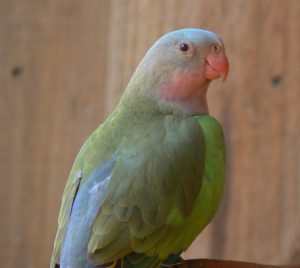
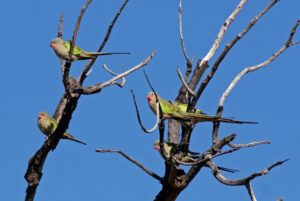
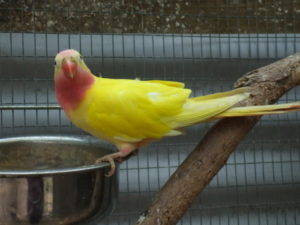
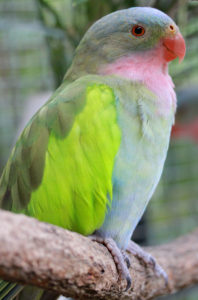
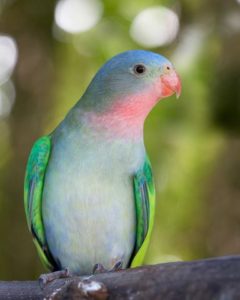
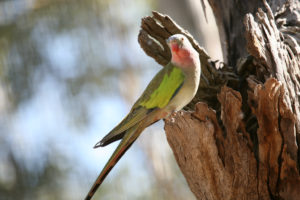
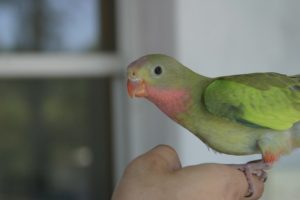

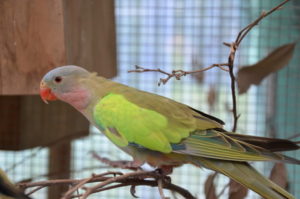
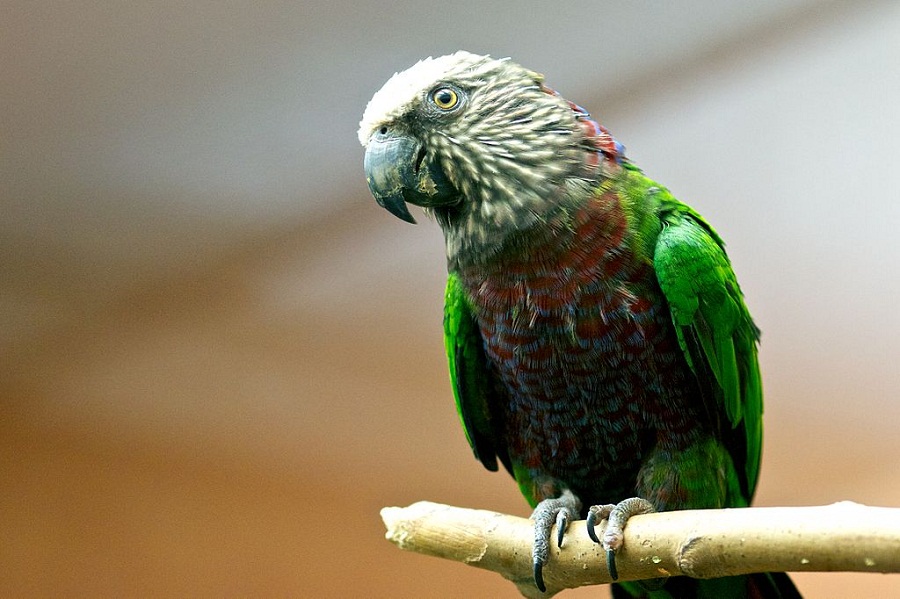
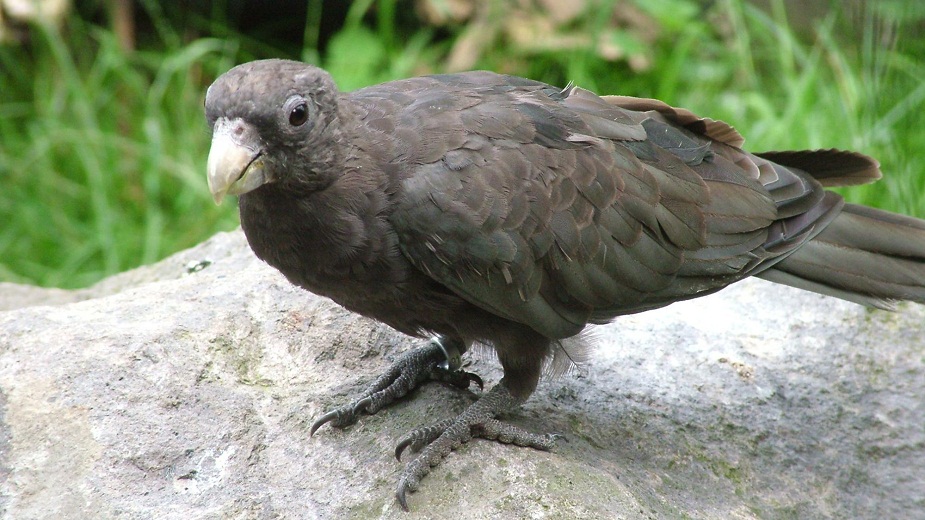
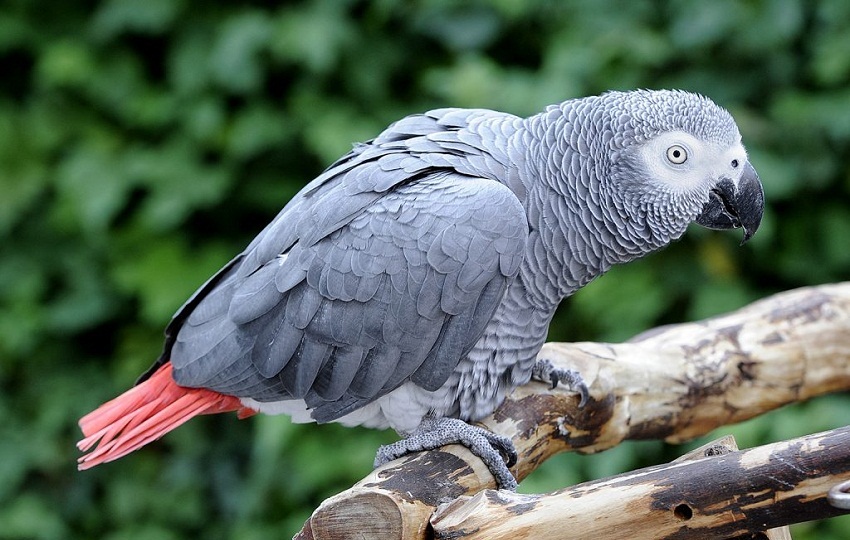
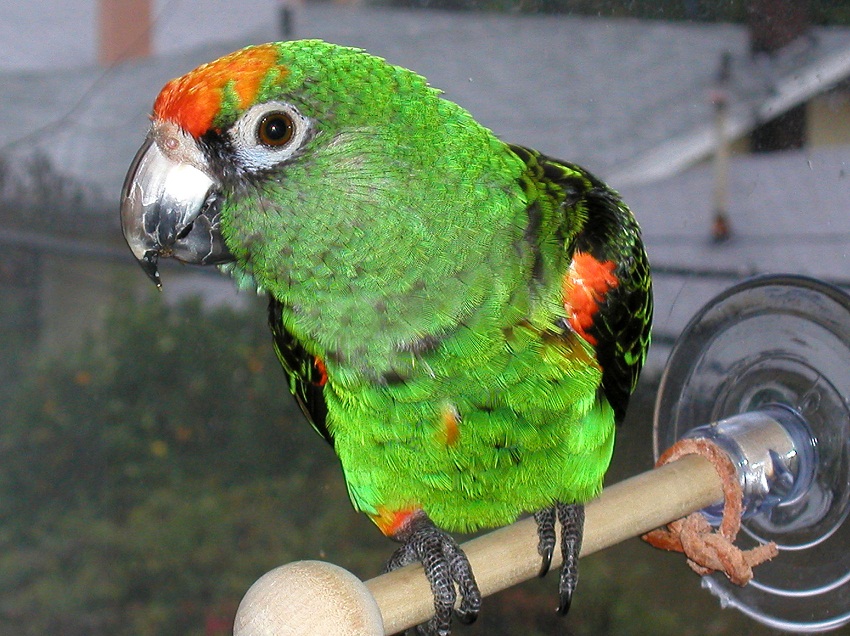
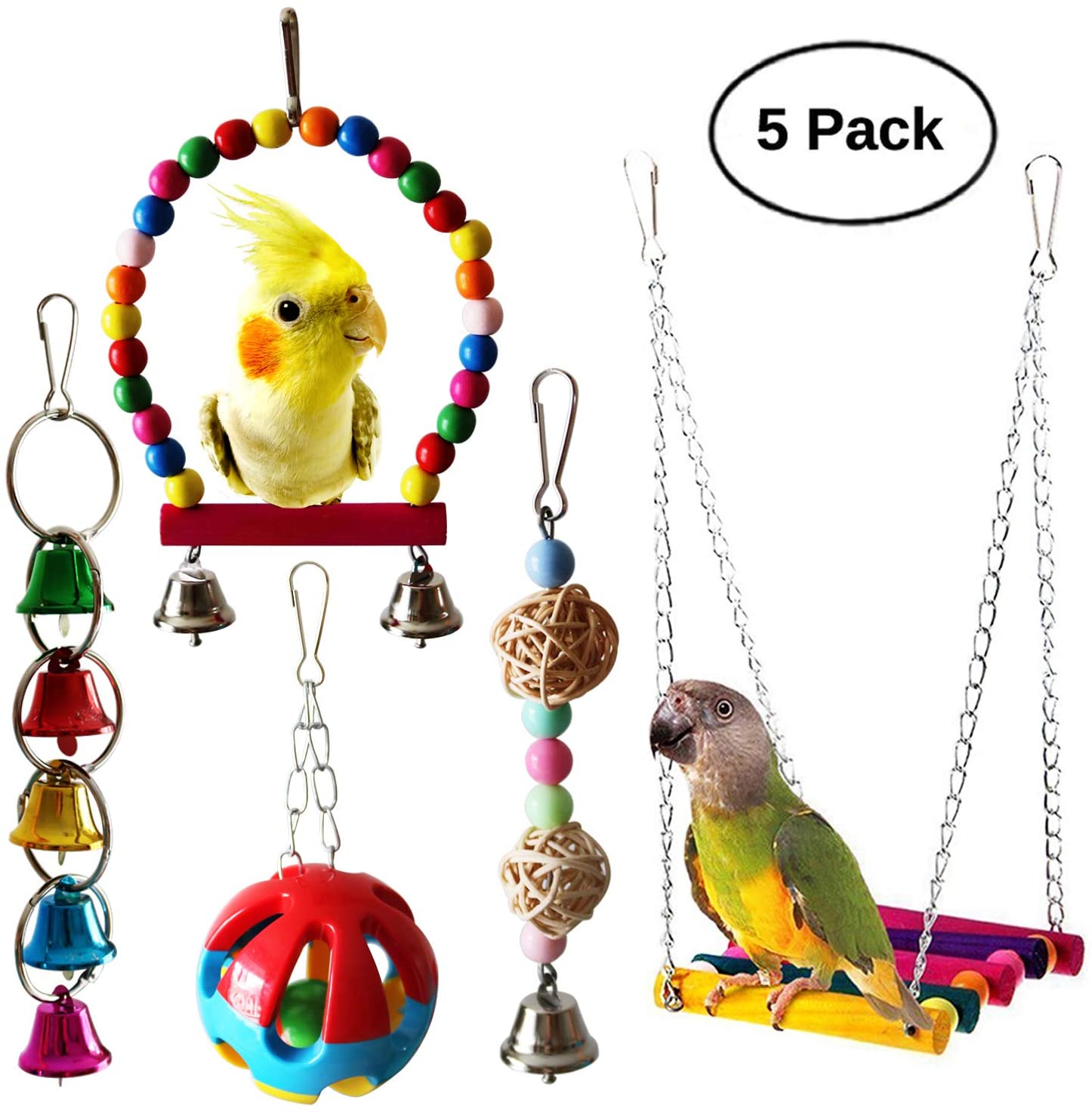
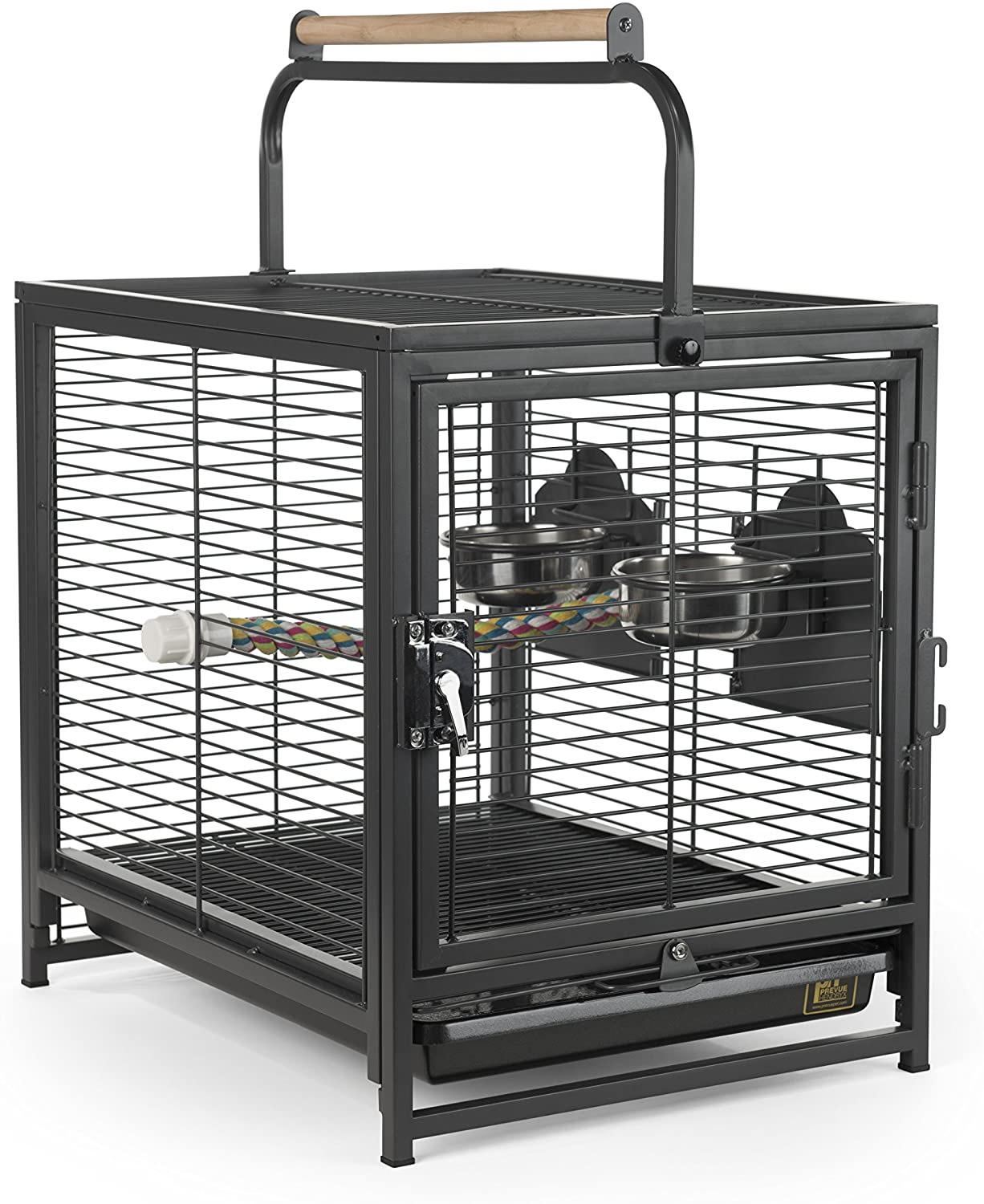
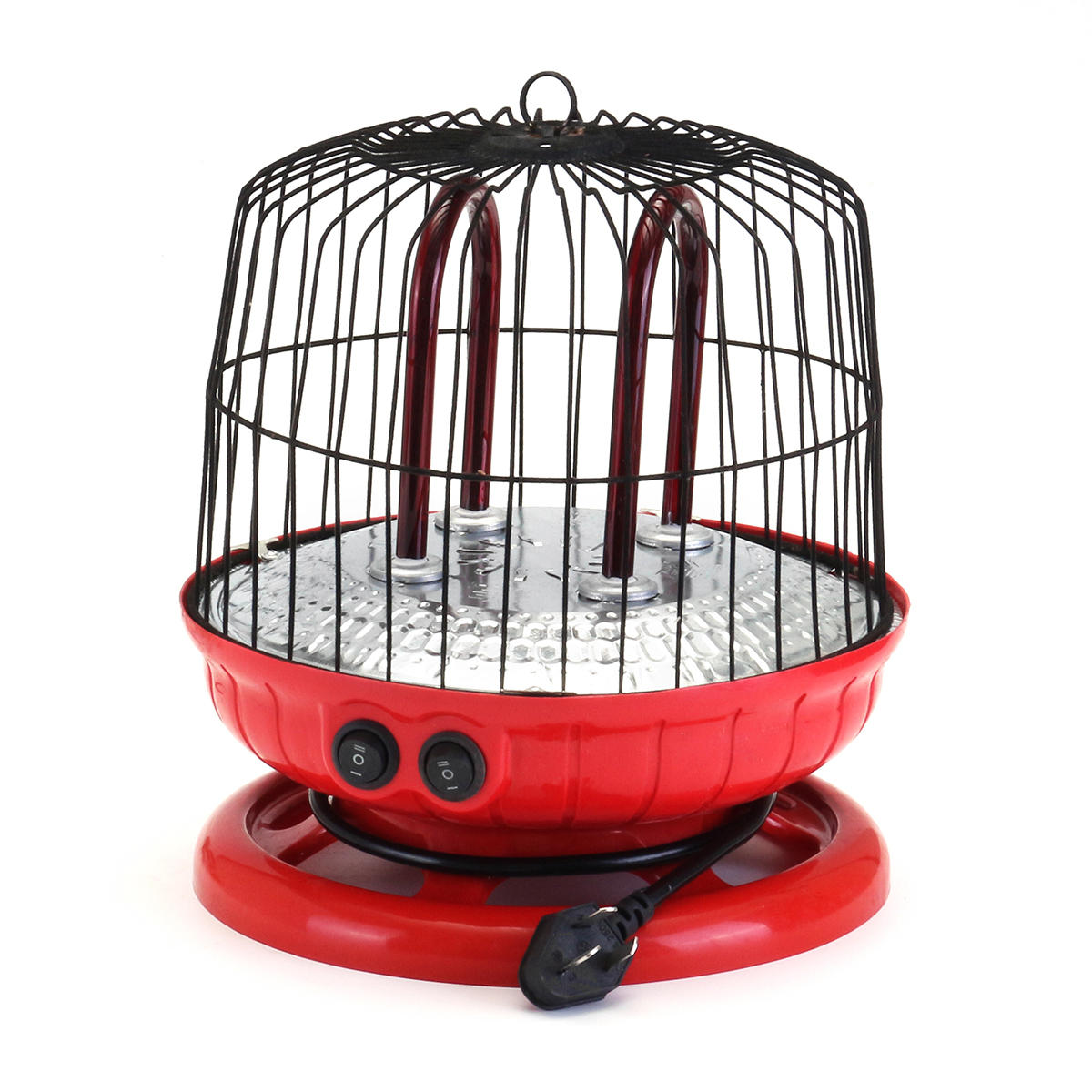
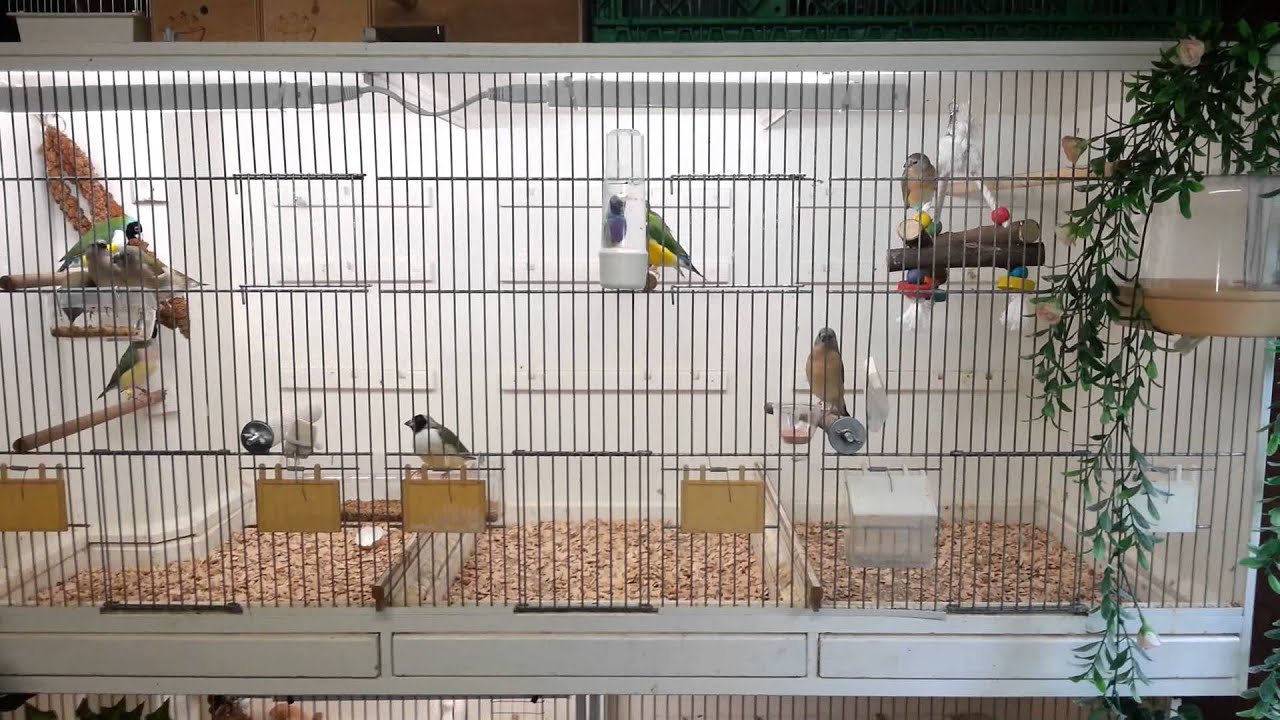
Do you sell regular pet parakeets?